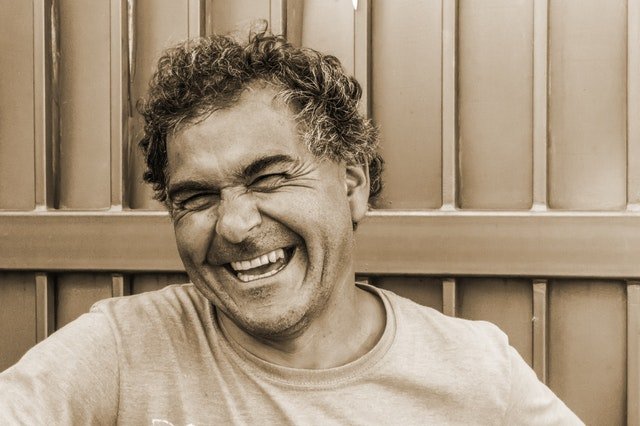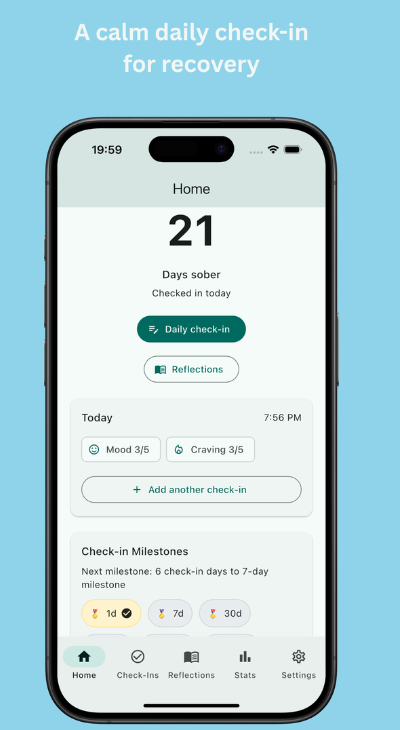
Co-Occurring Disorders
Co-Occurring Disorder is the medical term for someone who is diagnosed with both a substance use disorder and another mental health disorder such as depression, anxiety, etc.
What can be difficult to tell though is which one came first.
[clickToTweet tweet=”Substance Use Can Trigger an Already There Mental Health Disorder #AddictionRecovery” quote=”Substance Use Can Trigger an Already There Mental Health Disorder” theme=”style3″]
Some people have underlying mental health disorders that are triggered by substance use. For example, someone may be schizoaffective but the symptoms were dormant until they started to heavily drink alcohol or smoke marijuana.
Substance Use Can Cause a Mental Health Disorder that Was Never There to Begin With
Sometimes, a mental health disorder is caused by substance use or abuse. For example, someone who drinks too much alcohol may later be diagnosed with depression due to their excessive alcohol use. Or someone who does too much meth may be later diagnosed with anxiety which was caused by their excessive meth use.
A Mental Health Disorder Can Cause a Person to Use Substances to Relieve Symptoms
A third scenario is those who are were diagnosed with a mental health disorder prior to taking substances. For example, someone who was diagnosed with ADHD, depression, or anxiety as a child may later turn to drugs or alcohol to help relieve some of those symptoms.
It’s important for mental health professional and chemical dependency professionals to understand what came first or at least try to understand so the underlying issues can be treated.
Chemical Dependency Professionals Must Screen for All Scenarios
It’s also important for chemical dependency professionals to understand that some substance use disorders mimic mental health disorders and not to jump to a diagnosis conclusion too soon. For example, someone who displays schizoaffective symptoms but uses a lot of hallucinogens or other substances may find the symptoms disappear after abstaining from substances for a period of time.
Chemical Dependency Professionals must be willing to reserve judgement until a complete evaluation is done and a period of abstinence is obtained. Chemical Dependency Professionals must be willing to work with people who have symptoms of a co-occurring disorder but must also know when it’s time to refer out when the condition is outside their expertise.



